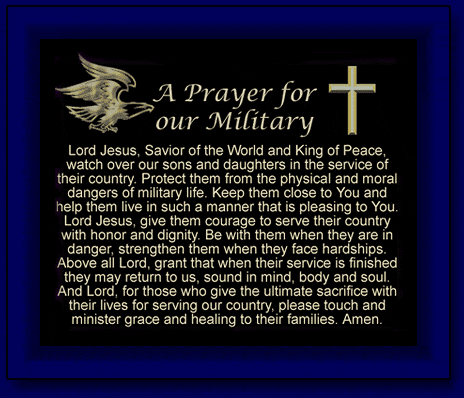Resolutions, it seems, are made to be broken. Some folks poke fun at this reality by proposing New Year’s vows that are—shall we say—attainable. Here are a few from social media:
Wave to fellow motorists at stoplights.
Sign up for a marathon. Don’t run it.
Stop procrastinating—tomorrow.
Get lost without any help from Siri.
Unfriend everyone who posts their workout regimen.
The concept of a fresh start can be serious business, however. The exiled people of Judah desperately needed one. Just over two decades into their seventy-year captivity, God brought encouragement to them through the prophet Ezekiel, promising, “I will now restore the fortunes of Jacob” (Ezekiel 39:25).
But the nation first needed to return to the basics—the instructions God had given to Moses eight hundred years earlier. This included observing a feast at the new year. For the ancient Jewish people, that began in early spring (45:18). A major purpose of their festivals was to remind them of God’s character and His expectations. He told their leaders, “Give up your violence and oppression and do what is just and right” (v. 9), and he insisted on honesty (v. 10).
The lesson applies to us too. Our faith must be put into practice or it’s worthless (James 2:17). In this new year, as God provides what we need, may we live out our faith by returning to the basics: “Love the Lord your God,” and “Love your neighbor as yourself” (Matthew 22:37–39).















